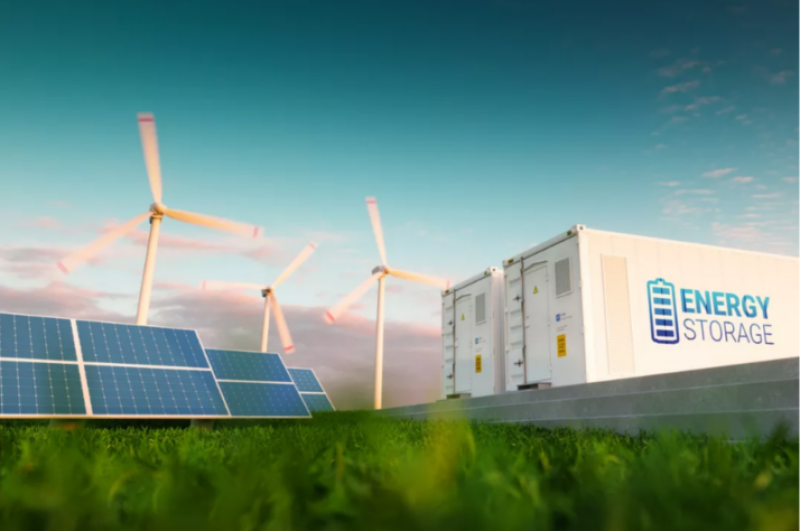SB Energy, a subsidiary of Japanese multinational conglomerate SoftBank, has entered into an agreement with battery manufacturer ESS for the deployment of 2GWh of iron flow long-duration energy storage systems.

Richard Hossfeld, co-chief executive officer at SB Energy, said ESS’ ability to “manufacture and ship batteries using iron, salt, and water is a game-changer, enabling SB Energy to offer our customers safe, sustainable and low-cost energy storage today.”
The partnership follows the US Department of Energy committing to reduce the price and increase the availability of long-duration energy storage systems to accelerate the shift to renewable energy-based grid networks.
US Secretary of Energy Jennifer M. Granholm said reducing the costs of long-duration storage by 90% by 2030 will enable the US to “bring hundreds of gigawatts of clean energy onto the grid over the next few years,” and allow the use of capacity to provide baseload power, a development the utility sector is struggling to achieve due to the fluctuating nature of renewables.
Granholm said: “…the DOE is working aggressively toward cheaper, longer duration energy storage to reach President Biden’s goal of 100% clean electricity by 2035.”
ESS and SoftBank say their collaboration is part of efforts by the two companies to accelerate the global shift to decarbonisation. SoftBank has already received the first storage system from ESS for installation in Davis, Sacramento, California, with the plant set for commissioning this October, according to a statement.
SB Energy will install other storage systems to support solar energy projects in Texas and California. The SoftBank subsidiary says the energy storage deal will help the firm to expand its portfolio of renewables capacity with the firm now owning five utility-scale projects with a total capacity of 1.7GW in Texas and California.
In addition to helping enhance grid resilience, ESS claims its technology is ideal for locations such as California that are prone to wildfires, owing to the resilience of its battery against catching fire easily compared to other battery technologies on the market.
Hossfeld, added: “Long-duration storage is absolutely critical to providing flexible, affordable renewable energy at scale.”